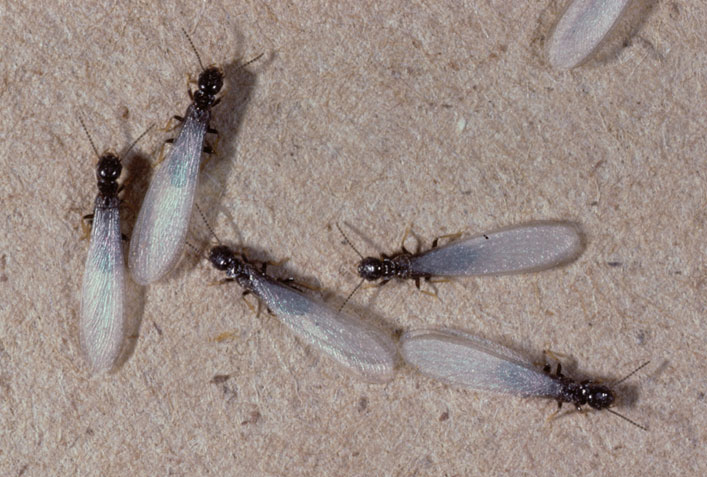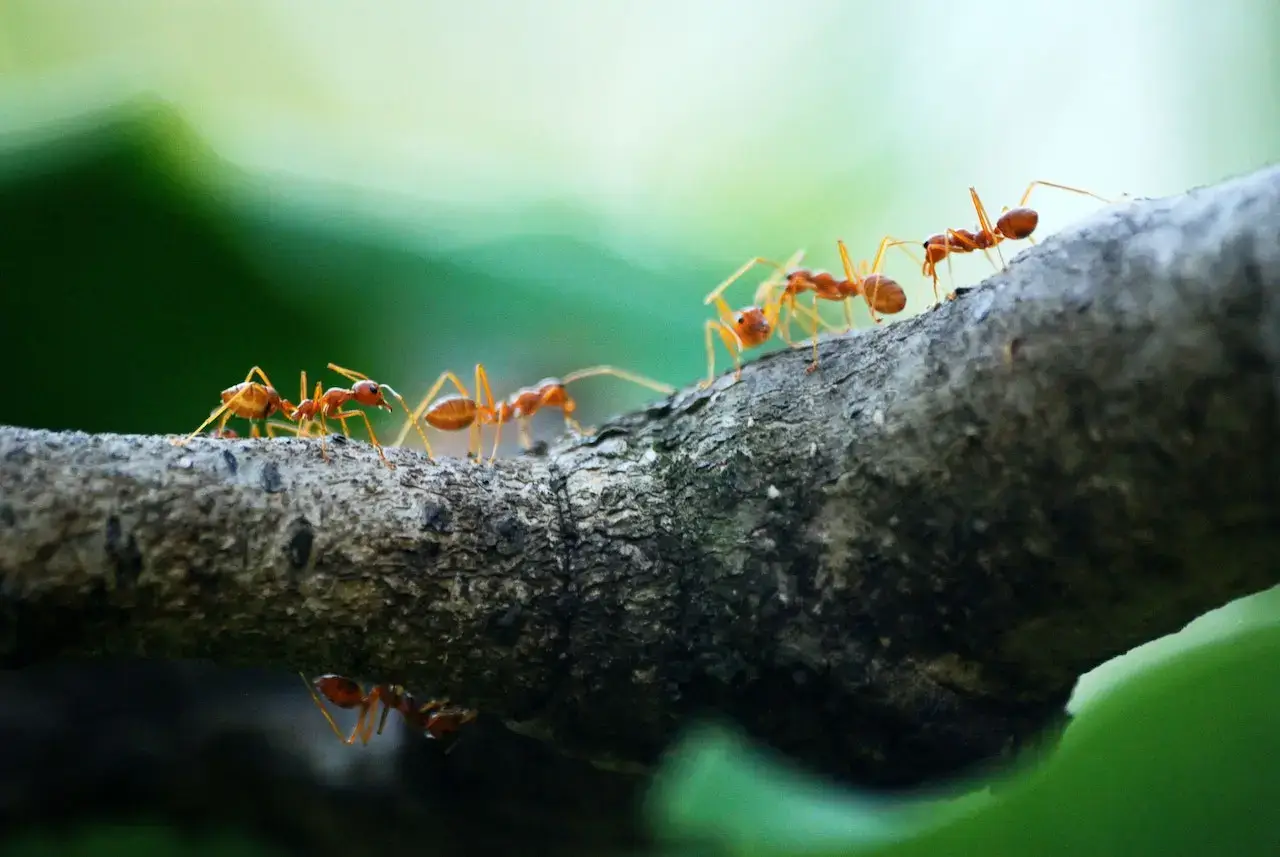Advanced Termite Control: Proven Techniques for Getting Rid Of Termite Infestations
Wiki Article
Ecological Effect of Pest Control: Balancing Performance With Sustainability
The ecological effect of insect control is a crucial problem that requires a fragile balance between attaining effectiveness in ensuring and taking care of bugs sustainability of our ecosystems. As we strive to shield our crops, homes, and health from the risks presented by pests, the approaches we employ can accidentally hurt the atmosphere. From the use of harmful chemicals that permeate into our dirt and water to the unintended effects on non-target types, the repercussions of traditional pest control methods are far-ranging. There are arising techniques that supply hope for a more sustainable technique to pest monitoring. These services not just purpose to resolve the instant parasite problems however likewise consider the long-term wellness of our earth.Dangerous Chemicals in Bug Control
The use of dangerous chemicals in parasite control postures substantial ecological and wellness threats that call for careful consideration and mitigation techniques. Insecticides, chemicals, and herbicides are frequently utilized to eliminate insects, however their extensive application can result in unintentional repercussions. These chemicals can contaminate dirt, water resources, and the air, influencing not only the targeted bugs however also helpful bugs, wildlife, and human beings.
To attend to these risks, incorporated bug monitoring (IPM) techniques are being promoted as a much more lasting option. IPM includes a combination of techniques such as biological control, habitat manipulation, and the targeted use pesticides as a last resource (ant control lexington nc). By adopting an alternative strategy to pest control, we can minimize the ecological and health effects related to harmful chemicals while properly taking care of pest populations
Effect on Non-Target Variety
Thinking about the unintended effects of pest control methods, the influence on non-target types is an important aspect that calls for thorough assessment. While pest control steps aim to target specific pests, other microorganisms in the ecosystem may be inadvertently influenced. Non-target varieties, consisting of helpful insects, birds, mammals, and even plants, can experience indirect or straight injury from chemical applications or organic control methods.Pesticides created to battle a specific insect pest may hurt pollinators like bees or natural predators such as ladybugs. Organic control representatives, if not species-specific, can pose risks to unintended targets, disrupting the ecological balance.
To mitigate the influence on non-target types, incorporated parasite monitoring (IPM) methods that stress an all natural strategy to pest control are suggested. These techniques prioritize making use of environmentally friendly practices, reducing harm to helpful organisms while effectively handling pest populaces. Carrying out extensive risk evaluations and checking the end results of bug control efforts are crucial action in protecting non-target species and advertising general community health.
Dirt and Water Contamination
Unexpected environmental effects of insect control approaches extend beyond affecting non-target varieties, with substantial ramifications for dirt and water contamination - termite control services. Pesticides, herbicides, and chemical fertilizers utilized in parasite control can leach into the dirt and infect groundwater, positioning a danger to both marine and terrestrial environments.Water contamination is one more crucial problem connected with pest control practices. Overflow from agricultural areas treated with chemicals can bring these chemicals into close-by water bodies, influencing marine microorganisms and water top quality. Contaminants in water resources can have significant effects, influencing not just marine life yet additionally human wellness through the consumption of contaminated water or aquatic organisms. To mitigate soil and water contamination from parasite control tasks, incorporated parasite monitoring strategies that prioritize sustainability and minimize chemical inputs are essential.
Air Contamination From Pesticide Use
Direct exposure to air-borne pesticides throughout farming applications positions a significant concern for air contamination control steps. When chemicals are splashed onto crops, they can volatilize right into the air and type volatile natural compounds (VOCs) and various other airborne toxins. These chemicals can add to the formation of ground-level ozone, a significant element of smoke that can have damaging effects on human wellness, crop productivity, and total air high quality. In addition, pesticide drift, where chemicals are brought by the wind to unplanned locations, can bring about the contamination of neighboring communities and water bodies.
Methods for Lasting Parasite Control
In the realm of agricultural methods, carrying out lasting parasite control strategies is vital for maintaining environmental equilibrium and protecting crop yields. Lasting bug control stresses using environmentally friendly techniques to handle insect populaces properly while minimizing harm to non-target organisms and environments. Integrated Bug Administration (IPM) is a commonly adopted approach that incorporates organic, social, physical, and chemical control techniques to accomplish lasting insect administration services.Crop turning and diversification are also effective strategies to interrupt pest life cycles and create much less favorable problems for insects to thrive. Ultimately, by integrating these sustainable bug control methods, farmers can achieve a balance in between pest this management performance and environmental stewardship.
Verdict
Finally, the ecological effect of pest control approaches should be thoroughly considered to balance performance with sustainability. Unsafe chemicals utilized in parasite control can result in dirt and water contamination, air contamination, and harm non-target types - ant control. It is important to carry out sustainable insect control approaches to minimize these unfavorable results on the atmosphere and advertise a much healthier community for future generationsBy embracing an all natural approach to pest control, we can reduce the ecological and wellness impacts connected with dangerous chemicals while properly managing pest populations.

To minimize the air pollution created by pesticide usage, it is important to take on integrated parasite management methods that prioritize the use of non-chemical parasite control methods, such as plant rotation, all-natural killers, and resistant crop selections. Sustainable insect control stresses the use of ecologically friendly methods to handle parasite populations efficiently while decreasing damage to non-target microorganisms and ecosystems. Integrated Bug Management (IPM) is a commonly adopted method that incorporates biological, social, physical, and chemical control approaches to attain long-term bug monitoring services.
Report this wiki page